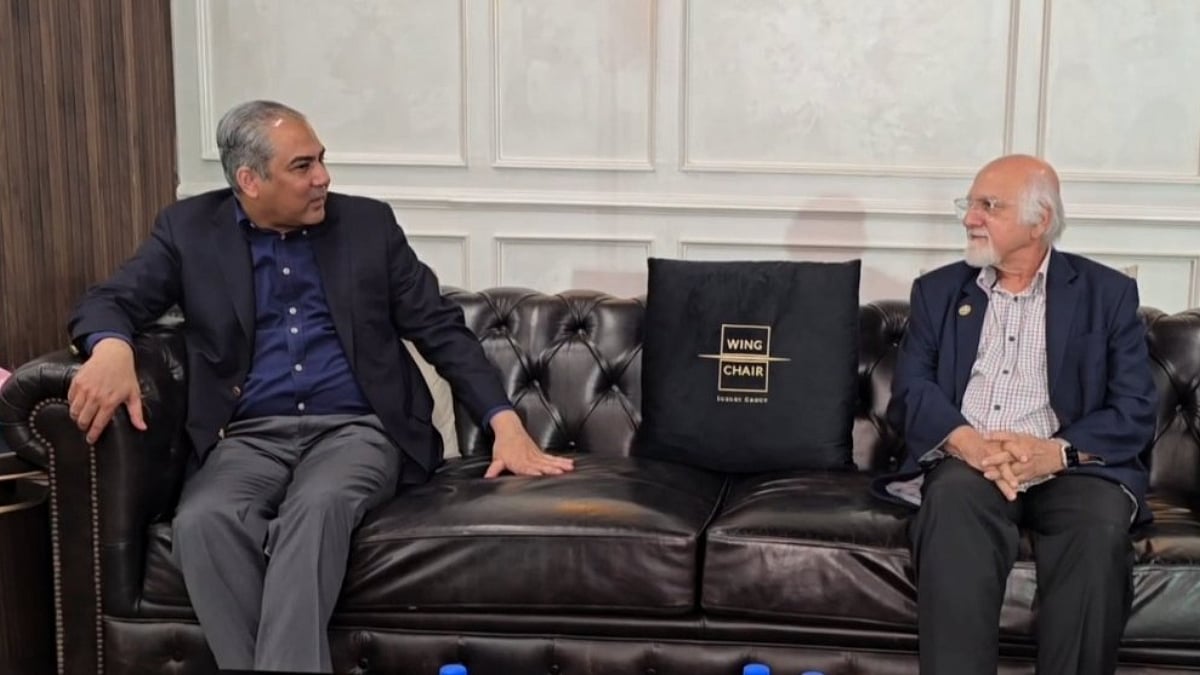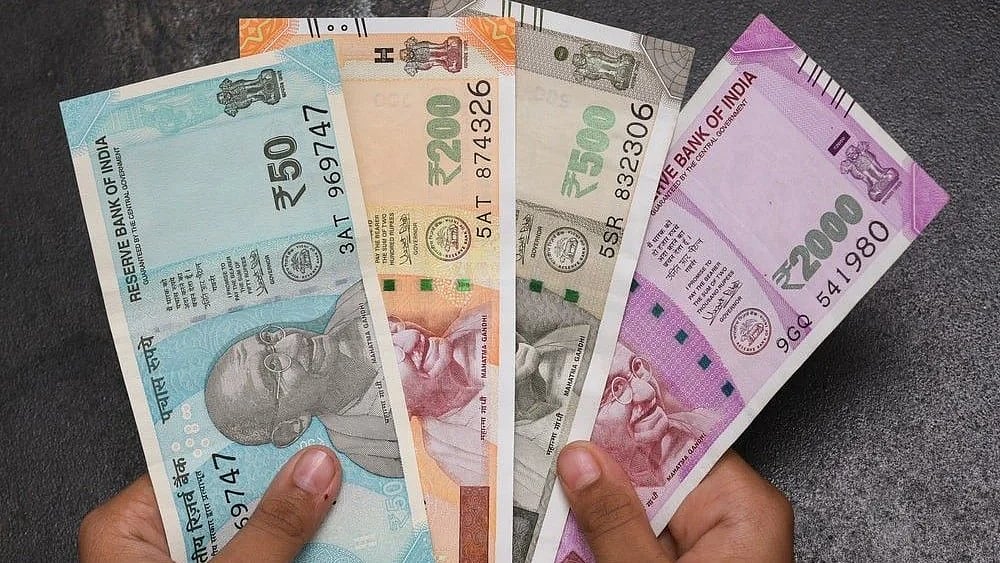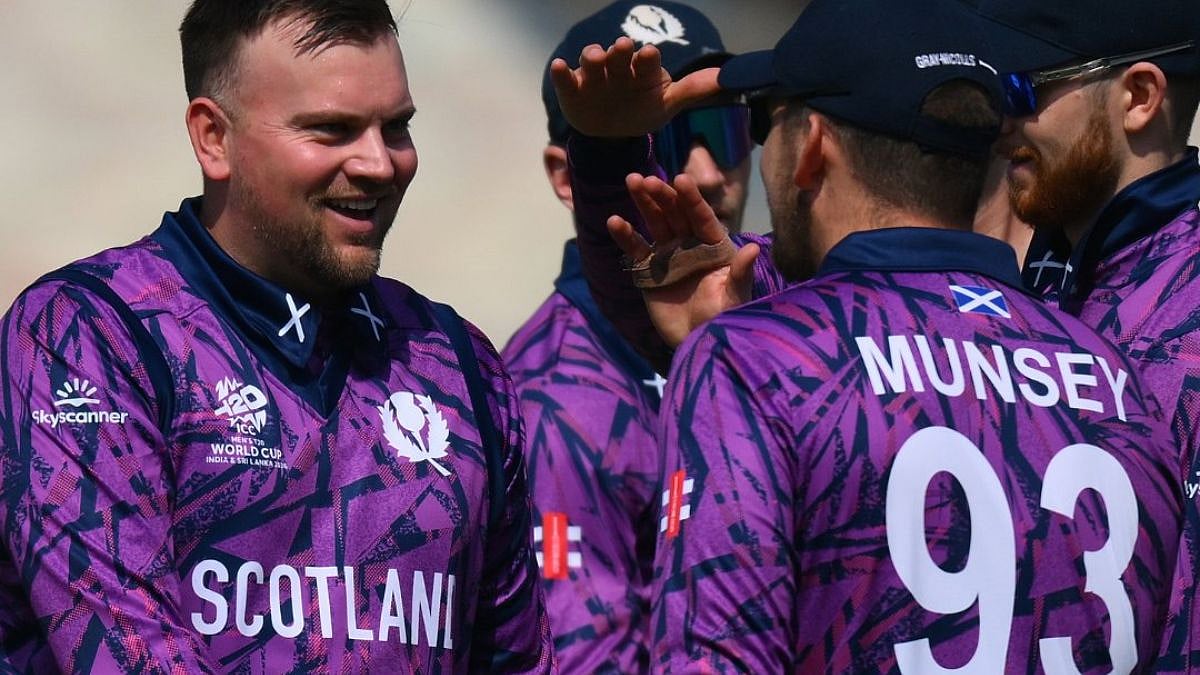
The past couple of months have produced unbridled joy and glory for India in sport, notwithstanding the defeat in the semi-final of cricket World Cup.
Cricket, of course, remains the pre-eminent sport in the country. But interest in other sports is thankfully growing too and will get a further fillip as India makes an impact on the global stage.
The medal-winning exploits of Dutee Chand, Hima Das and Mohamed Anas have brought track and field disciplines into the limelight and shown up the potential that exists in the country.
On Tuesday morning, just as India was waking up to the first day of the US Open, young Sumit Nagal took the first set against Roger Federer in the first round to leave tennis aficionados across the world bewildered.
Federer was to regain his rhythm and wits quickly to stave off an upset. But young Nagal’s potential was to earn the great man’s admiration as well as international recognition for his plucky display.
For our special coverage of National Sports Day 2019, click here
Unarguably, the biggest achievement was P V Sindhu winning the badminton World Championship title last week. This was her third successive final. She hadn’t won earlier, and let’s face it, there were apprehensions she might trip at the last hurdle again.
Instead, Sindhu left everybody, not the least her rival Nizomi Okuhara, flabbergasted with a stunningly ferocious assault to win in just 37 minutes.
However, what’s transpired in the past few weeks, must be juxtaposed with the impressive performance in the Asian Games late last year to understand the trajectory Indian sport has taken.
India finished with an unprecedented 69 medals, including 15 golds, in the Asiad. True, a few of these medals came in disciplines such as wushu and bridge.
But it is only a cynical mind that will deny that India’s sportspersons are not only wanting to excel but also showing a deep desire to win. Both these are important attributes in raising the bar in the sport of an individual, team, society, and country.
Why am I sounding so optimistic?
Playing at the international level – in any sport – is not easy. Every accolade, every medal, the record has to be earned. There are no freebies. If India’s graph in sport is going North, then something must go right.
Increased prospects of livelihood through sport, higher disposable income that allows access to facilities, coaching, better nutrition, etc, have led to increased participation in sport.
The fear among parents and custodians that their wards would lose out in life if they pursued sports instead of academics or were early into some vocation is dissipating rapidly. Indeed, sport is seen as a route to get ahead.
This means that the pyramid base of people playing sport in India has become larger, which in turn is churning out a greater number of elite athletes at the top.
Yet, India is a long way off from being a `sporting nation’. This requires mass participation across the length and breadth of the country. It cannot be done in drips and drops and small pockets.
And while the government – state and central – must promote sport, the responsibility is no less on families, communities, corporations and enlightened individuals to give sport a stimulus.
Why sport is beneficial individually and collectively has been expounded for many millennia? Empirical evidence suggests that playing sport helps build sound health, confidence, fortitude and a sense of optimism.
From a socio-political perspective, it is no less significant for excellence in sport boosts the pride of a nation – not just of winning athletes/teams, but the entire citizenry.
This is the change one is seeing in India today. The sector was hardly seen as a priority for decades after Independence, and this was reflected in how Indian athletes performed at the international level.
It was not just about diffidence at the government’s part alone that made India poor at sport. At the societal level too, Indians were unprepared to train, unwilling to accept the hardships that lead to excellence.
That mindset is happily changing. And while the government has put out a more aggressive policy to promote sport (hopefully it won’t be restricted to rhetoric), it is ultimately the people who will decide whether India will become a sporting nation or not. The onus is squarely on us!
Ayaz Memon is an sports writer, journalist, columnist, author and lawyer.











